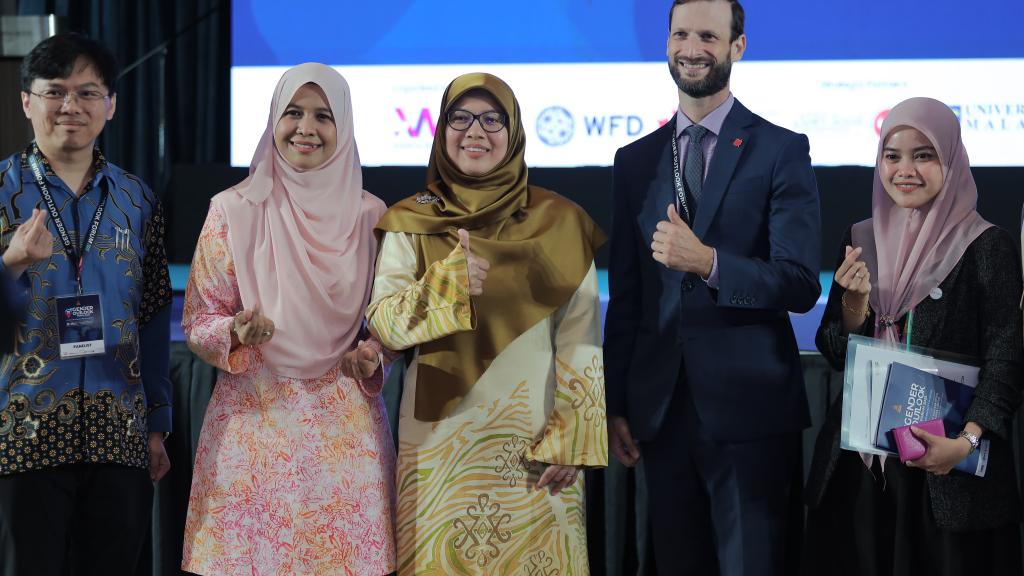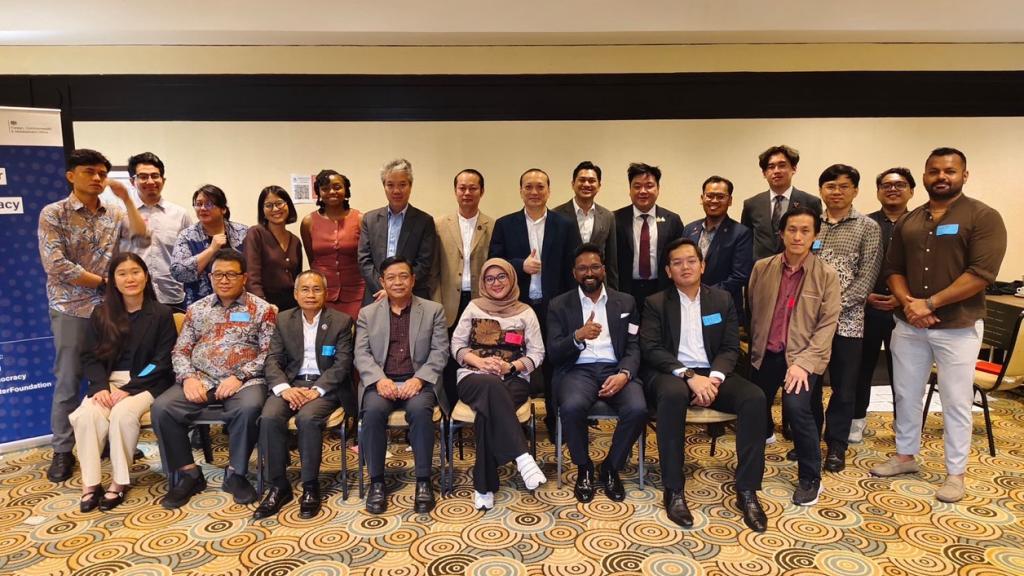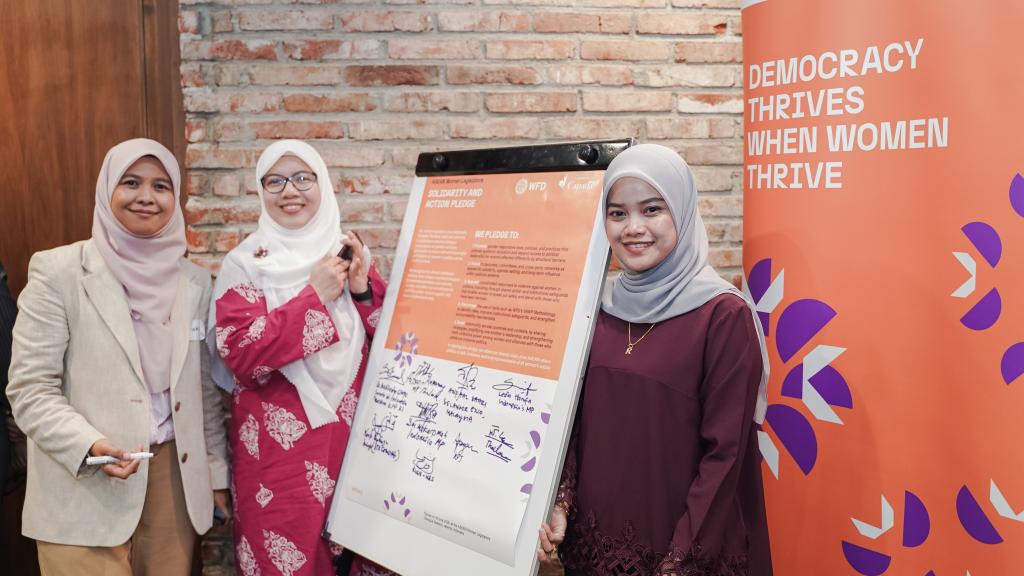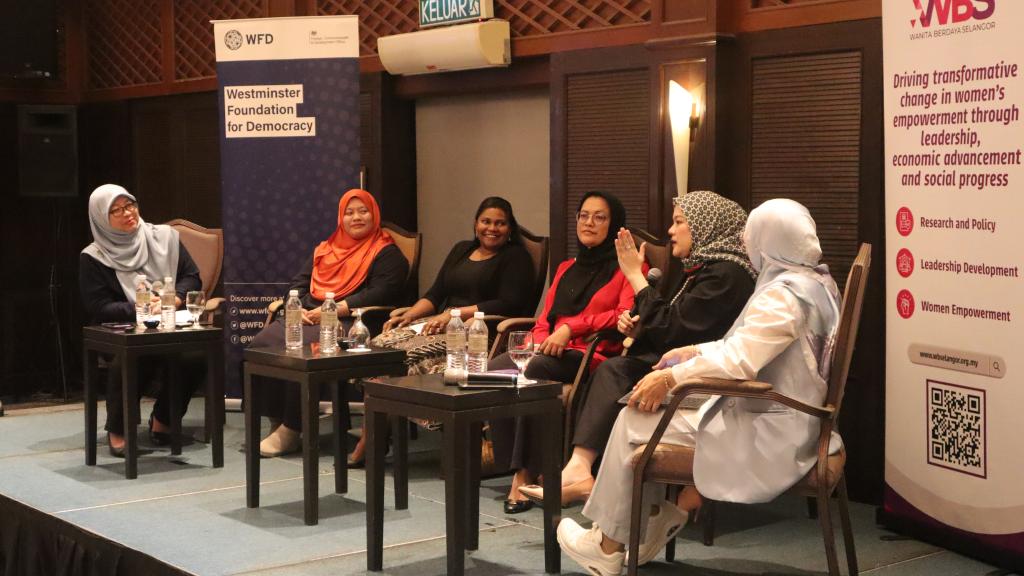Supporting women’s political leadership and women MP retention through stakeholder mapping in Malawi

Women’s participation in politics and public life is essential to equal and responsible representation. Studies show that female legislators are more likely to promote women-friendly and gender inclusive legislation and less likely to accept bribes or corruption than their male counterparts. [i]
SNP WFD’s partnership with the Parliamentary Women’s Caucus (PWC) in Malawi focuses on enhancing women’s political representation to create a more just political environment. To achieve this, SNP WFD began a stakeholder mapping project. Stakeholder mapping surveys voters and other stakeholders and enables MPs to be more prepared for and understand what is expected of them within their constituencies. It also helps them identify and attain resources needed to achieve more equal representation in Parliament.
Between November 2022 and January 2023, SNP WFD carried out the first phase of a stakeholder mapping programme with three goals in mind: ensuring PWC members are well informed on stakeholders and voter needs in their constituencies, building the capacity of MPs by learning what is expected of them by their communities, and ultimately, seat retention in the 2025 elections.
This initial phase surveyed stakeholders in 21 of 40 constituencies represented by women MPs. Th[1]e findings and recommendations were reported to these MPs during a meeting at the Malawi Parliament on 5 June 2023. Members were widely satisfied with the project and feedback, with one MP saying: “It is a unique initiative that has assisted in unveiling members weaknesses and strength”.
While some respondents felt their MPs were slightly distant, overall, respondents favored working with women politicians rather than men because the projects initiated by women MPs affect their lives more positively and sustainably. For instance, respondents exalted their MPs for implementing education initiatives, facilitating renovations, advancing healthcare, and building other infrastructure in the constituency. The MPs can take these findings and personal testimonies forward to improve their leadership by emphasising what was positively reported and growing in areas of criticism.
The majority of respondents were women, revealing that Malawian women are eager to be involved in their communities and have their opinions heard. Feeback collected from the stakeholder mapping gives MPs the insight to understand the needs and desires of the citizens they represent.
With this information, MPs will be able to serve their constituencies better, and support them ahead of the 2025 elections. Continued political representation in the Malawian Parliament could improve equality in government, with young women seeing themselves represented and a path to political leadership. One MP highlighted the long-term potential of the programme by saying: “Local governments can use this data to develop policies on enhancing women in politics.”
The programme continues to move forward. SNP WFD will be working with PWC to complete stakeholder mapping for the remaining 19 constituencies represented by women MPs. This second phase will begin in July 2023, aiming to be completed by December 2023, and will continue to empower women across Malawi, giving them to tools they need to be successful in parliament and politics.
[i] 2001 study done by the World Bank that looked at 100 countries



